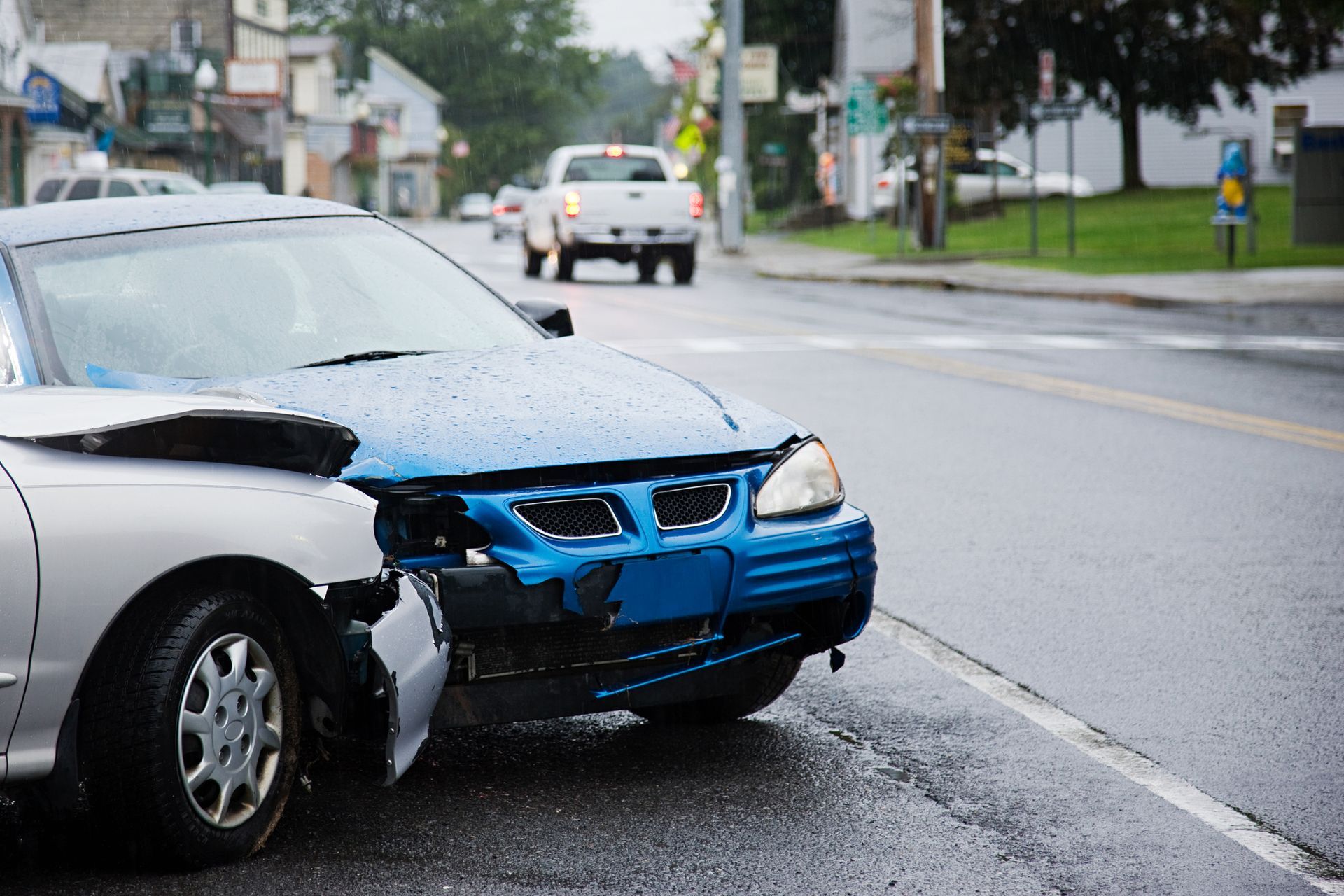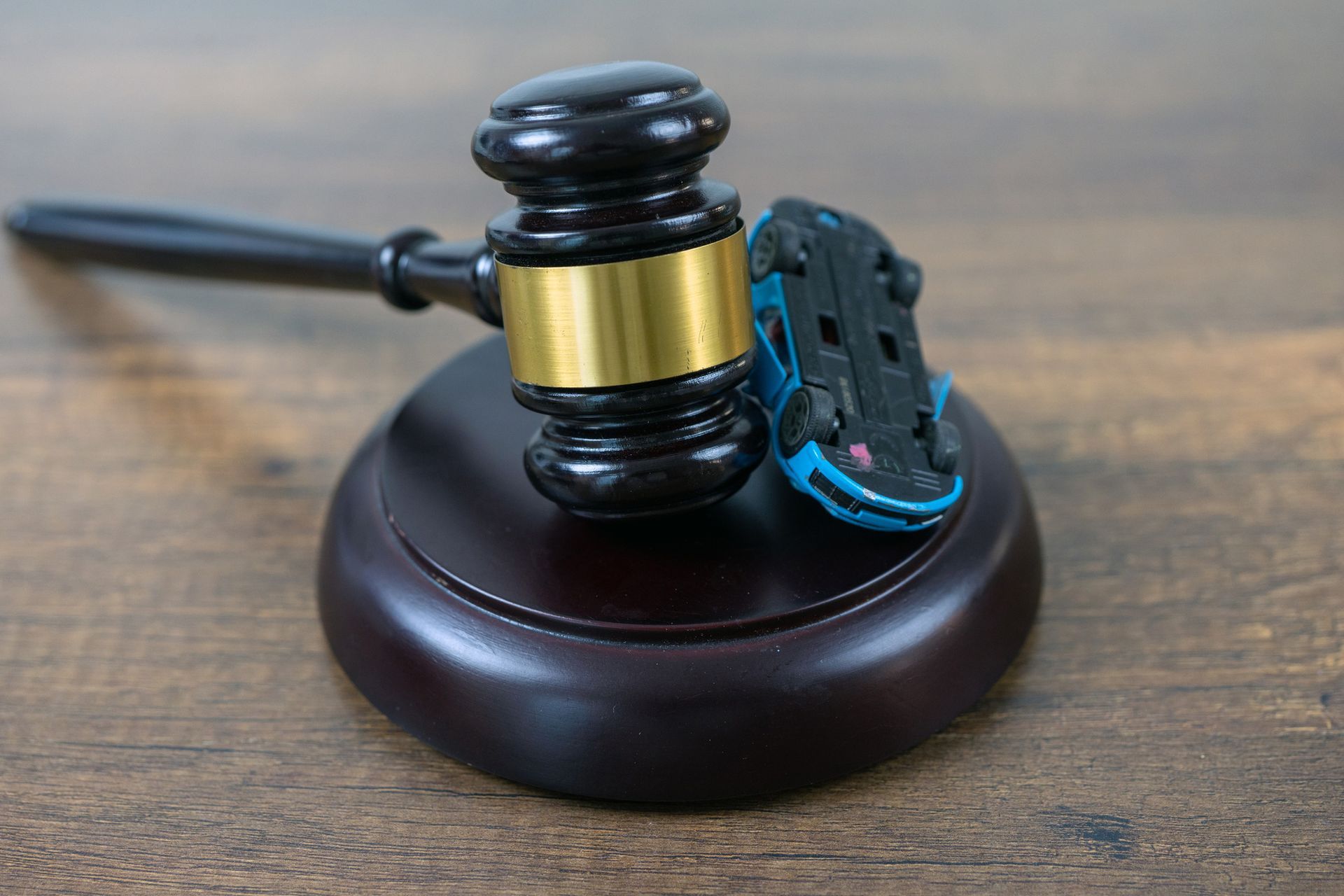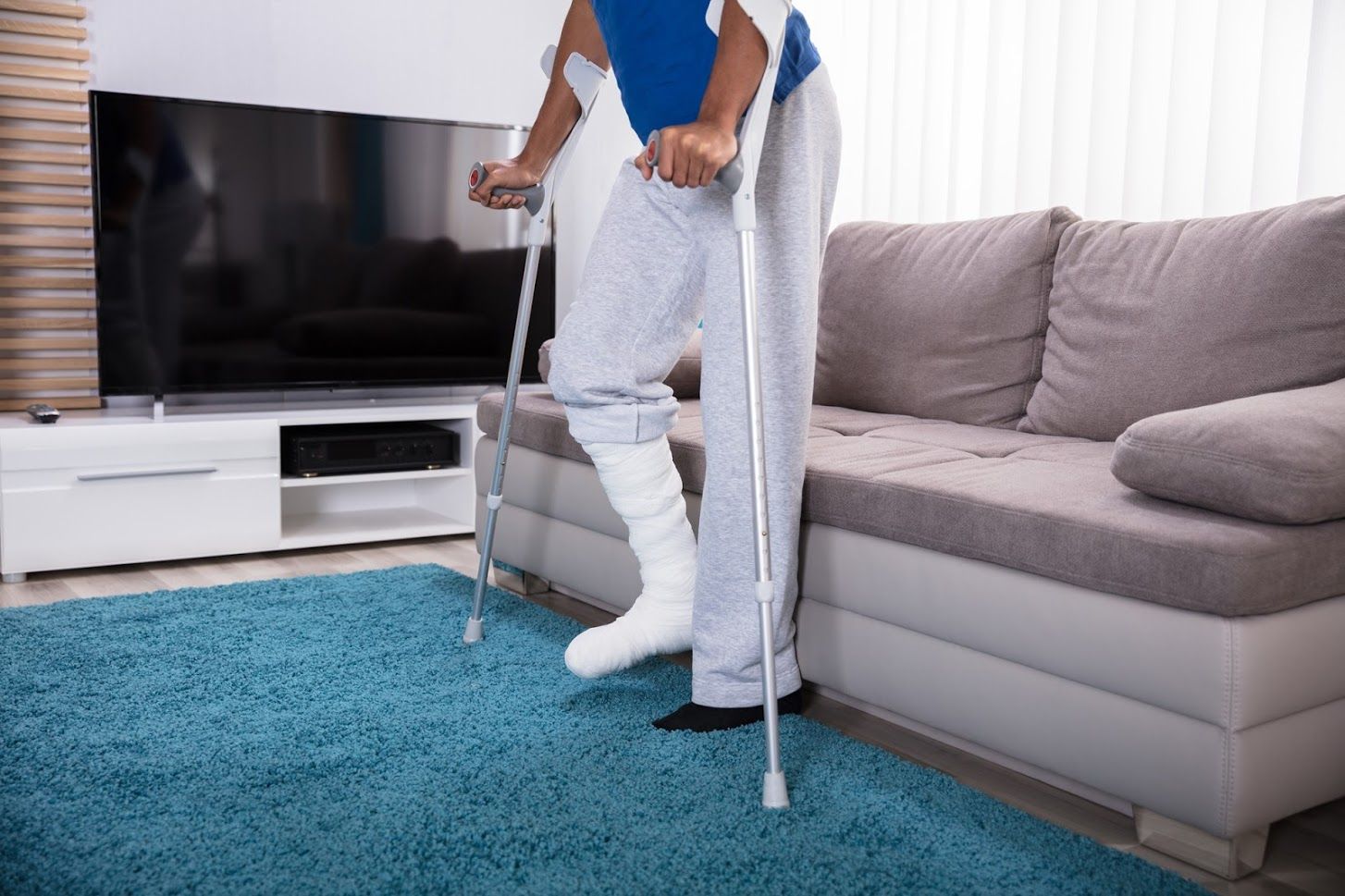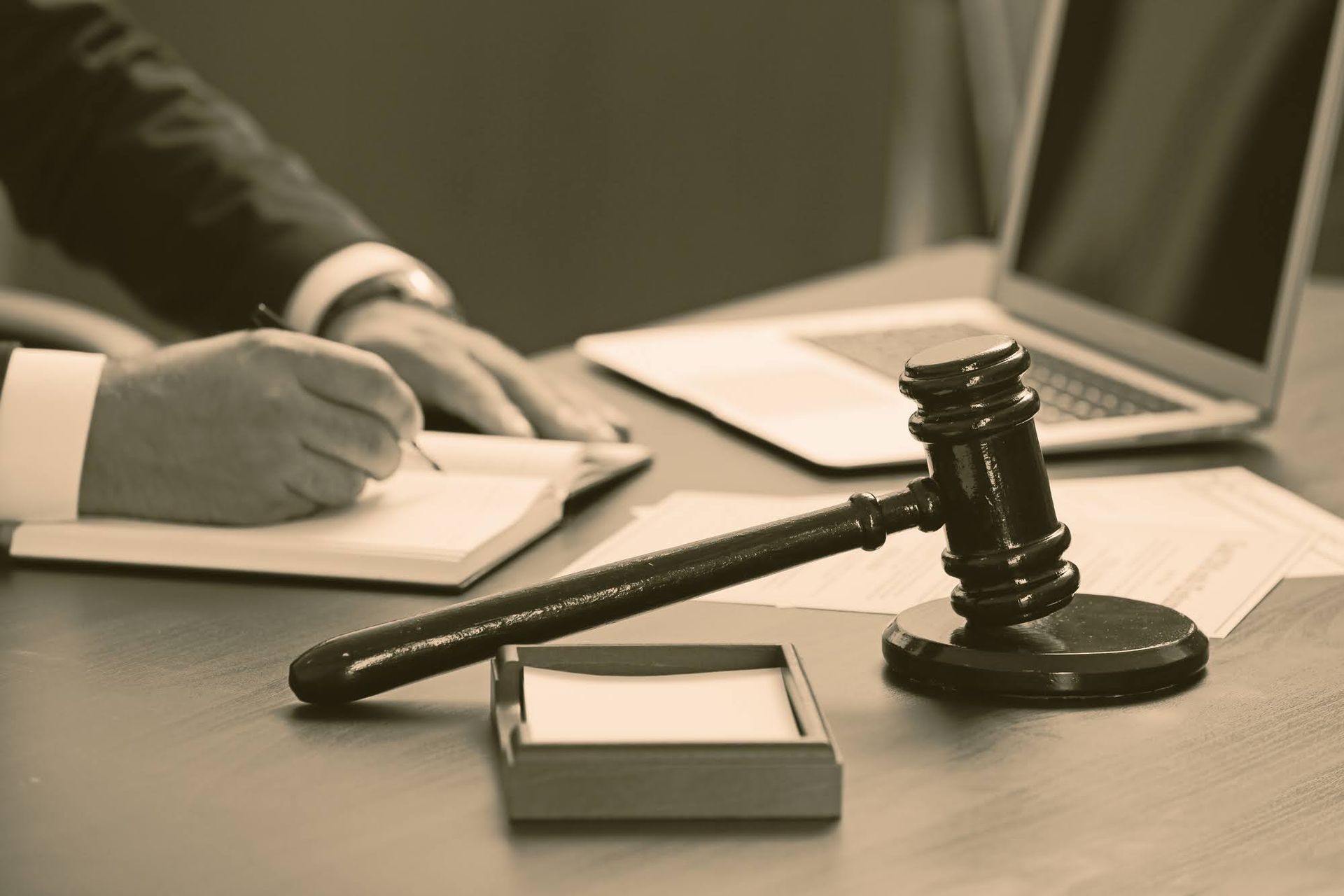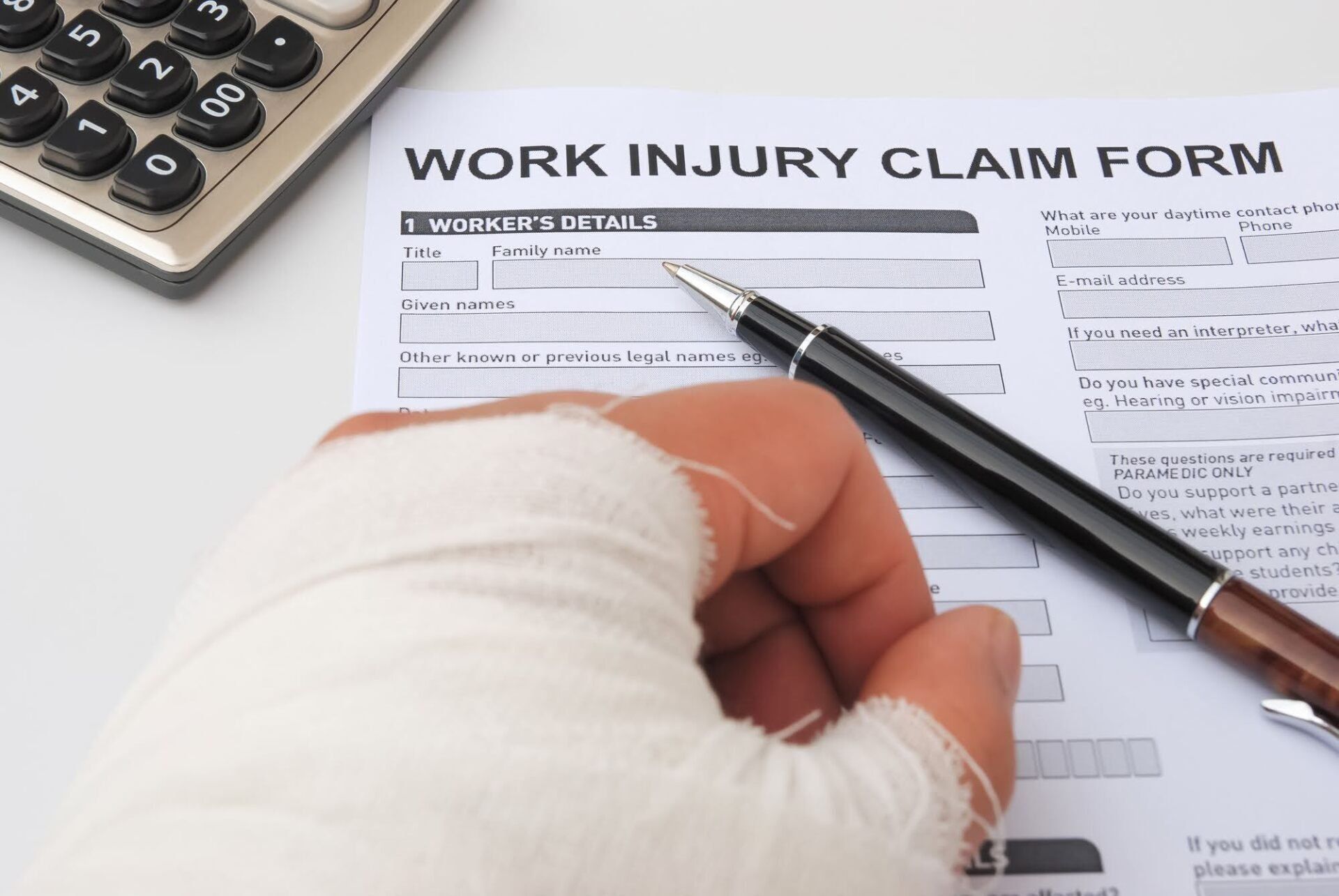Boating Injuries | Law Offices of David A. Helfand
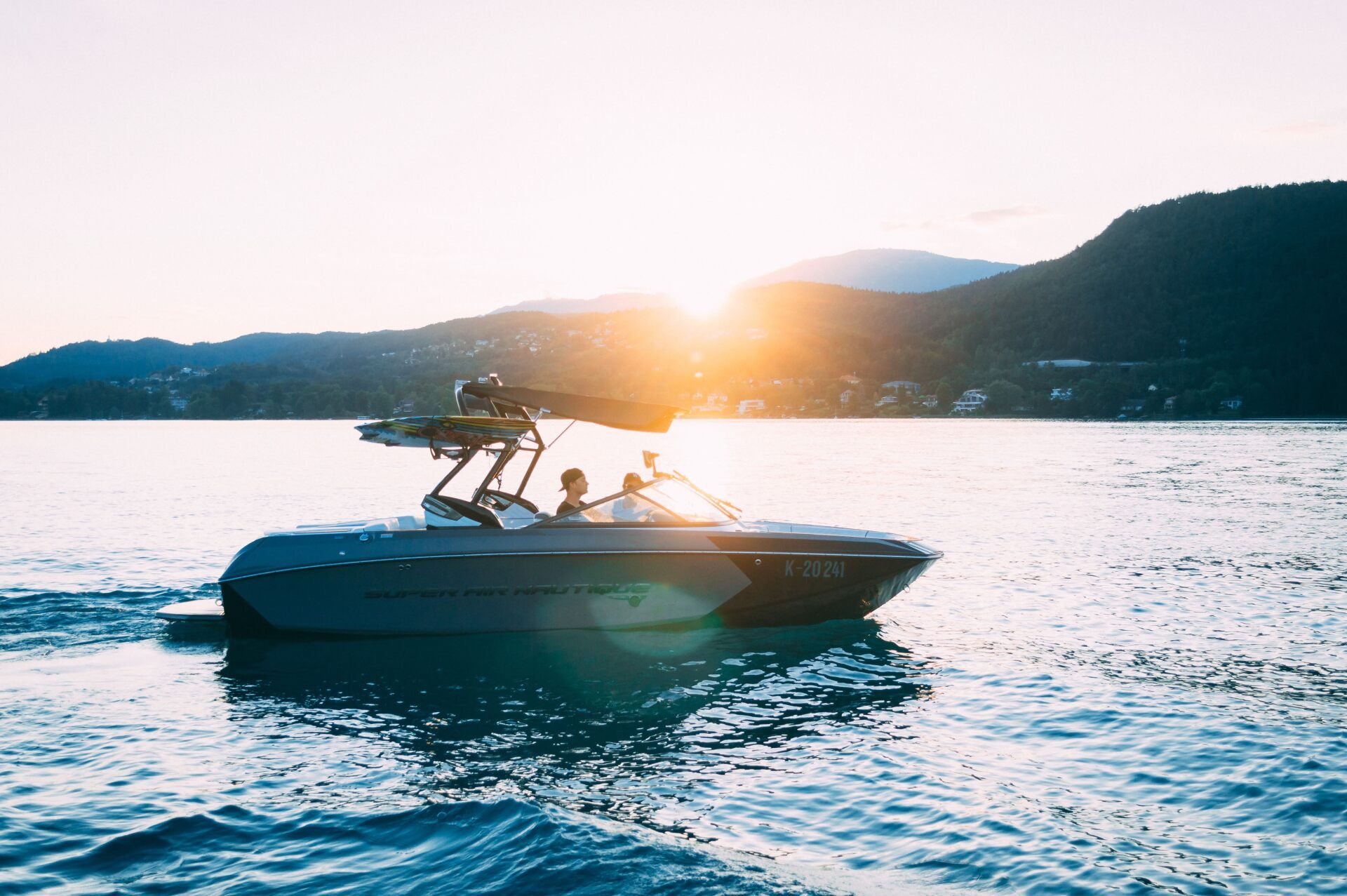
Florida and California account for about half of all personal watercraft accidents in the U.S. If you or a loved one has experienced an injury after riding in a watercraft, you may wonder if you can sue for damages to pay for medical bills, lost wages, or physical therapy. A vast majority of watercraft accidents are caused by operator error — especially reckless driving — so it's worth it to speak with a lawyer to see if you have a case.
Take a look at different accident scenarios for which a negligence claim could be made and how to collect evidence.
Understanding Different Types of Watercraft Accidents
Boating accidents can include all sorts of watercraft, such as speedboats, yachts, fishing boats, charter boats, jet skis, and kayaks. While every accident is different, the four main accident types are when a boat hits a wave, a submerged object, another boat’s wake, or another boat.
Accidents caused by hitting a wave can make difficult personal injury cases because there is no other watercraft to hold liable or act as a witness to the incident.
Ultimately, you'll have to prove whether the boat operator was negligent. Even if an operator is traveling cautiously, it's not uncommon to hit submerged objects, like a rock, and have an accident. So again, you'll need to prove negligence in this instance — like not adhering to weather warnings or speeding in a dense fog.
Hitting Another Boat's Wake
If you or a loved one was injured because of the jolt from hitting a wake, then liability may depend on factors like the surrounding boat traffic or the size of the wake.
Like hitting a submerged object, sometimes hitting another boat's wake is just an unfortunate accident with no liability involved. However, if an operator was speeding in a no-wake zone or another boat was creating a large wake in a congested area, then you could file a personal injury suit.
Hitting Another Boat
When two water vehicles are involved, it's arguably easier to prove negligence since one or both parties will be partly at fault. Like a car accident, you'll be entitled to compensation for things like lost earning capacity and pain and suffering. Ideally, the other person will have insurance that might cover injuries — but not everyone has boaters' insurance, so filing a personal injury claim may be necessary.
What Does Negligence Look Like?
You must be able to prove that your injury was the result of someone else's negligence. Negligence is the failure to act with reasonable care. What does negligence look like? It may include things like:
- Operator inexperience
- Reckless driving
- Failure to have proper safety equipment
Recklessness could be any combination of these three things.
Inexperience
Florida does not require a boating license, but in order to operate a motorboat that has a ten-horsepower or greater, the operator does have to complete an approved boating safety course.
Some people may be exempt from this certification — for instance, an operator may not necessarily need this certification if they are operating on a private lake. However, if your operator had little to no training, then they could be liable for that inexperience.
Reckless Driving
Reckless driving includes scenarios like weaving through boat traffic, trying to create a large wake, becoming airborne over a wake, swerving at the last possible moment, and speeding through anchored vessels.
Failure to Have Proper Safety Equipment
In Florida, boats that are less than 16 feet in length should have safety equipment like fire extinguishers, personal flotation devices, ventilation systems, and sound-producing devices. If you are water skiing, then the boat should have a skier-down flag to alert other vessels that a towrope and rider are in the water.
Lacking the proper safety equipment could contribute to a claim of negligence. Besides having the proper safety equipment, the boat itself should meet safety requirements. If a boat has parts with defects or the operator ignored repair recommendations, that could be an act of negligence.
What Can You Use to Build Your Case?
You should gather the following items, if you can, for evidence:
- Photos of the boat damage and any property damage
- Eyewitness statements
- Police reports
- Medical records
- Records from the boat or the operator
- Log of safety equipment on the boat at the time
Under Florida's statute of limitations, you have four years to file your personal injury claim. Understanding different boating accidents and scenarios in which negligence can occur will help you and your lawyer build a case.
Because the statute of limitations gives you time to build a case, you don't have to immediately settle as you — or a loved one — are recovering from injuries. Some injuries may not seem serious at first, but they may get progressively worse over time, so it's important that you stick to your doctor appointments. If you don't attend your doctor appointments, then the court may think that your injuries aren't serious enough to warrant compensation.
Reach out to a personal injury lawyer from the Law Offices of David A. Helfand, P.A. , today for more details about how to handle boating accident claims.
CONTACT US
We will get back to you as soon as possible
Please try again later
CONTACT US
We will get back to you as soon as possible
Please try again later
Office Hours:
- Mon - Fri
- -
- Sat - Sun
- Closed

